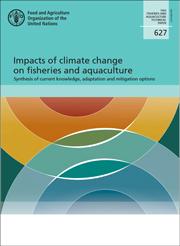Considering that each tree helps conserve water to a certain degree, it is perplexing for the Union govt to go ahead with a project purportedly to reduce water shortage in a drought-prone area, which will in fact entail the chopping down of 2.3 million trees, besides disrupting wildlife in a protected zone and displacing thousands of villagers.
The fallacy of the so-called project benefits has been pointed out by eminent experts as well as a committee appointed by the Supreme Court of India. However, brushing all this aside, the Union Cabinet gave its approval to the Ken-Betwa River-Link Project (KBRLP) on December 8, 2021.

The Centre has committed to spend about Rs. 5500 crore (around 750 million dollars) on an average per year over the next 8 years, which comes to a total of Rs. 44,600 crore, or 6 billion dollars, ostensibly to help solve water scarcity in Bundelkhand, a region comprising of 13 districts in central India.
Essentially, the project entails the transfer of water from a river basin considered surplus (Ken) to another considered deficit (Betwa).
But as critics have pointed out, this basic premise of the project is irrational as the surplus water availability in river Ken has never been established properly.
In fact, this river and its tributaries have been ravaged and depleted in recent years by reckless sand mining carried out by politically well-connected mafia dons.
Besides, as both river-basins are adjacent to each other, together experiencing similar weather conditions of heavy or deficient rain, there is little justification for transfer of water based on notions of deficit-surplus.









